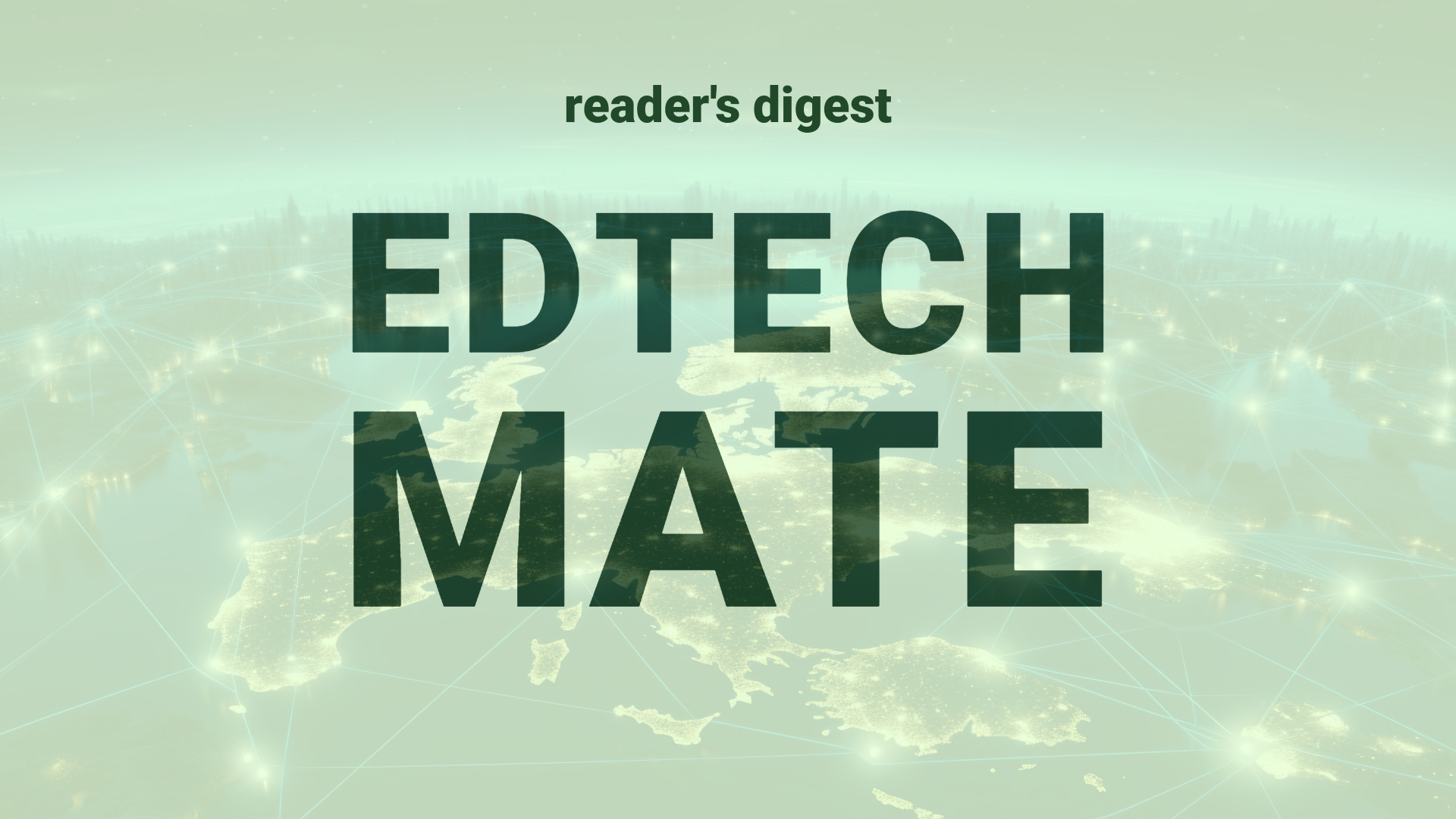Executive Summary and Main Points
The content encompasses the multifaceted challenges of leaving a long-term position to pursue new ventures or join another organization. It underscores the importance of addressing potential obstacles such as emotional turmoil, guilt, loss of status, adaptability, new colleague perceptions, and balancing emotions. Key innovations draw from personal experiences and strategies to mitigate these challenges through piloting new paths, identity recalibration, and resourcefulness. The trend towards embracing change while navigating the emotional landscape of career transitions is pivotal in higher education and industry dynamics.
Potential Impact in the Education Sector
The outlined challenges are instrumental in shaping Further Education, Higher Education, and the evolving space of Micro-credentials. These insights enhance strategic partnerships and digitalization as they emphasize the human aspect of change. Leaders could leverage these findings to create programs that prepare individuals for transitions, acknowledging the emotional, logistical, and identity-driven complexities associated. Academic institutions and associations may cultivate ecosystems supportive of careers that span sectors, encouraging interdisciplinary skill development and digital fluency.
Potential Applicability in the Education Sector
The discussed challenges and strategies present opportunities for AI and digital tools deployment. For instance, AI-driven career prediction tools may assist in identifying when individuals are ripe for transition, providing tailored guidance or potential side hustles. Virtual Reality (VR) could offer immersive experiences for those looking to test new careers, and Big Data could help educational leaders track alumni career progress, optimizing support for professional growth. Digital tools may also extend support in areas like online networking and micro-credentialing for skill enhancement.
Criticism and Potential Shortfalls
A critical analysis suggests that while the approach highlights critical personal and professional development steps, it may overlook systemic barriers present in different global contexts. The assumption that everyone has the privilege to explore and experiment requires scrutiny, as not everyone may have the financial capacity or social capital to pilot career shifts with minimized risks. Comparative international case studies illustrate disparities in career mobility support across countries, raising ethical and cultural considerations surrounding accessibility and equitable opportunity.
Actionable Recommendations
For international education leadership, actionable recommendations include developing structured mentorship programs that guide professionals through transitional phases, emphasizing lifelong learning and adaptability. Investment in AI tools to personalize career guidance and forecast emerging industry trends would prepare individuals for the workforce demands. Furthermore, creating a culture that minimizes stigma associated with career transition and promotes experimentation would be essential. Collaborating with industry partners to offer real-world problem-solving experiences could integrate academia and practical application
Source article: https://hbr.org/2024/05/the-challenge-of-leaving-a-long-term-job-to-start-something-new

